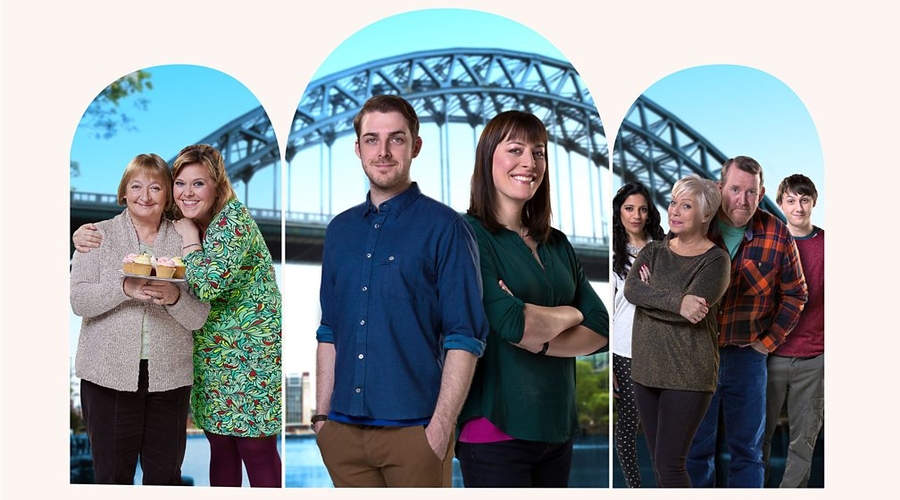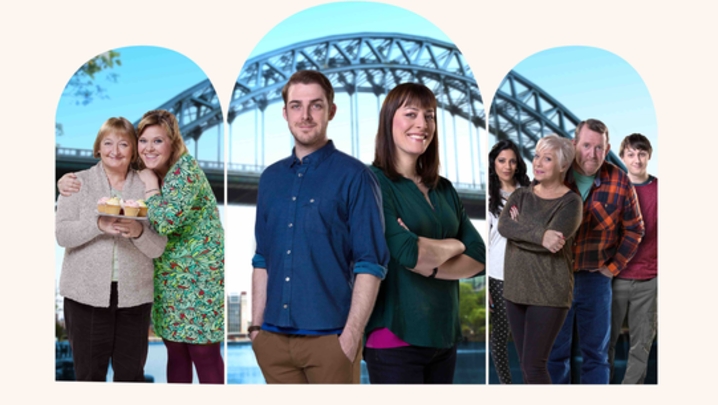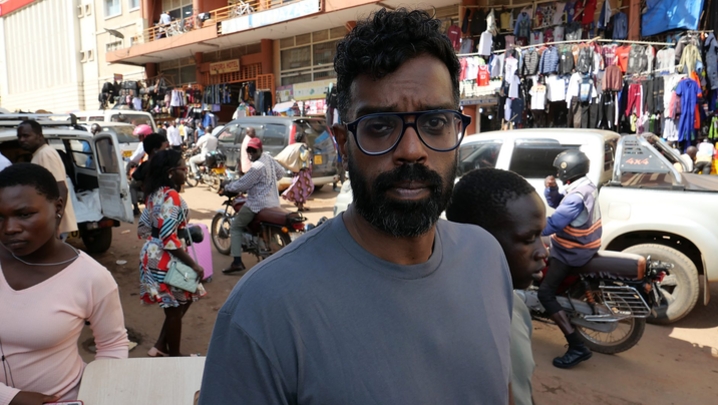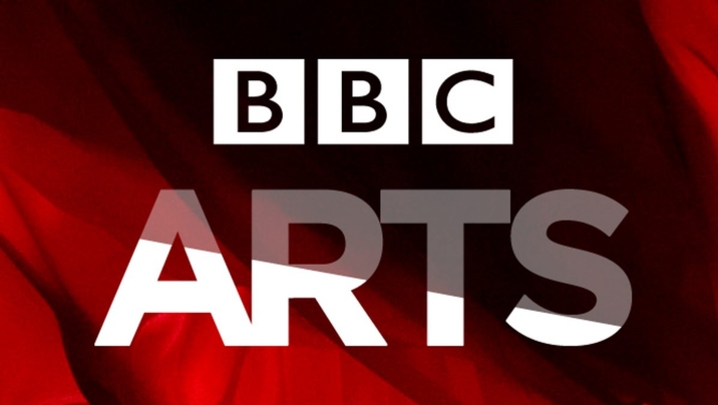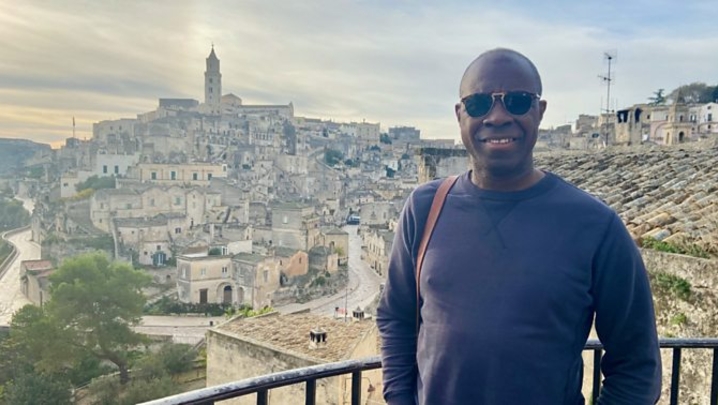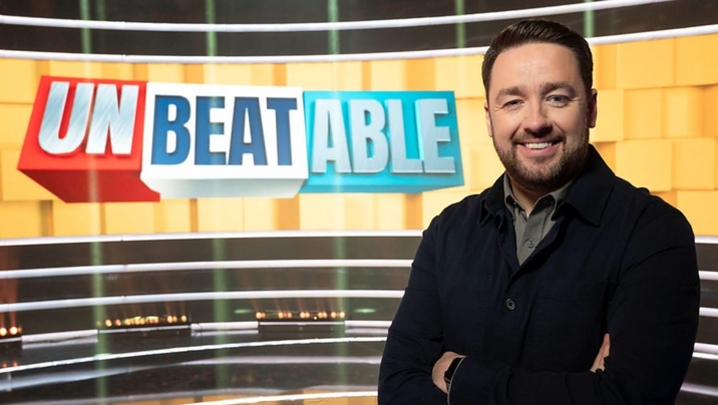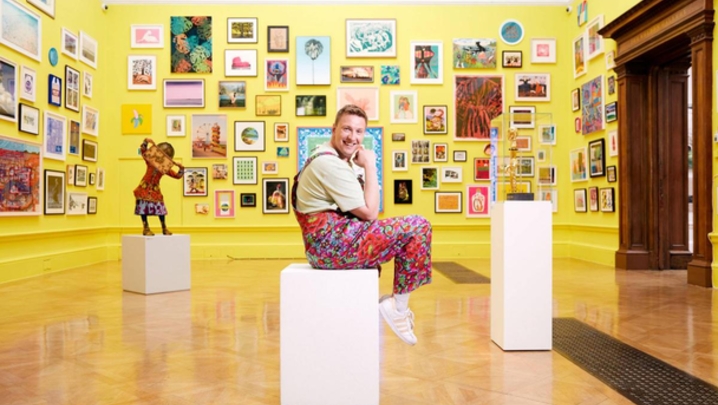North East writer Elliott Kerrigan, who created Boy Meets Girl–the first sitcom to feature a trans actor in a lead role –has the BBC Writers Room to thank for his big break.
“To get a show on TV is so hard – it’s like winning the lottery,” said Kerrigan, who lives in Cramlington, Northumberland and admitted to knowing nobody in television when he first put pen to paper. Winning the Writers Room Trans Comedy Award took the writer from his “bedroom to the BBC”.
He continued: “It changed my life and I’m really grateful – if it wasn’t for the Writers Room, God knows what I’d be doing.”
Kerrigan was speaking at an RTS North East and the Border session, co-produced with the BBC Writers Room, on scriptwriting at the Tyneside Cinema, Newcastle. The session was part of Digital Cities North East, a series of events and free training for the creative industries in the region.
The RTS Award-winning BBC Two sitcomBoy Meets Girlstarted life as an age-gap love story, without a trans element. “There was no real hook that took it off the page – it was pretty stale,” recalled Kerrigan. He changed tack and made the two lead characters a same-sex couple: “It still wasn’t working – it was rubbish.”
Then his attention was drawn to the Trans Comedy Award– and “Jude” became “Judy.”
“I’m not trans and I knew nothing about being trans, but I had a script and characters I cared for,” said Kerrigan. “Every character is based on my own family.”
Offering a tip to the young writers in the audience, Kerrigan said: “Your first page must be a killer.”
The writer followed his own advice to the letter in Boy Meets Girl. At the start of the first episode, Judy (Rebecca Root) comes clean with her young date, Leo (Harry Hepple): “There’s something that I need to tell you. I can tell you later or I can tell you now and I’d rather tell you now – I was born with a penis.”
Advice from the BBC Writers Room
The BBC Writers Room, in the words of its head Anne Edyvean, “Finds, develops and champions new writing talent across the BBC.” Every year, it receives some 13,000 scripts in response to its schemes and helps the best writers to develop their craft.
At the RTS North East and the Border session, Usman Mullan, an assistant producer at the BBC Writers Room, offered scriptwriting tips, illustrating his advice with clips from shows including BBC Three supernatural drama In the Fleshand BBC One hit, Bodyguard.
Writers, he argued, need “passion” to succeed. “Don’t try to second-guess what the BBC is looking for. Write what it is you want to write, not what you think people are looking for.”
A script should “hit the ground running,” Mullan said, adding: “You have about a minute to grab the attention of your audience, while they decide whether to continue to watch or to switch over to another channel. You really need a strong hook.”
Writers, he said, “don’t always have to write about what [they] know, but they need to know [about] what they write. So, if you’re looking to explore a world you don’t know, then [do your] research.”
Characters should be “emotionally compelling” so that viewers “want to spend time” with them. “If you think about great characters from drama, they are usually flawed, complex, and faced with strong emotional and moral dilemmas.”
“Surprises” are another key element of any script, argued Mullan, who is based at Media City, Salford. “Don’t be afraid to wrong-foot your audience – trust that they will figure things out for themselves. You should be springing surprises on your audience constantly.”

